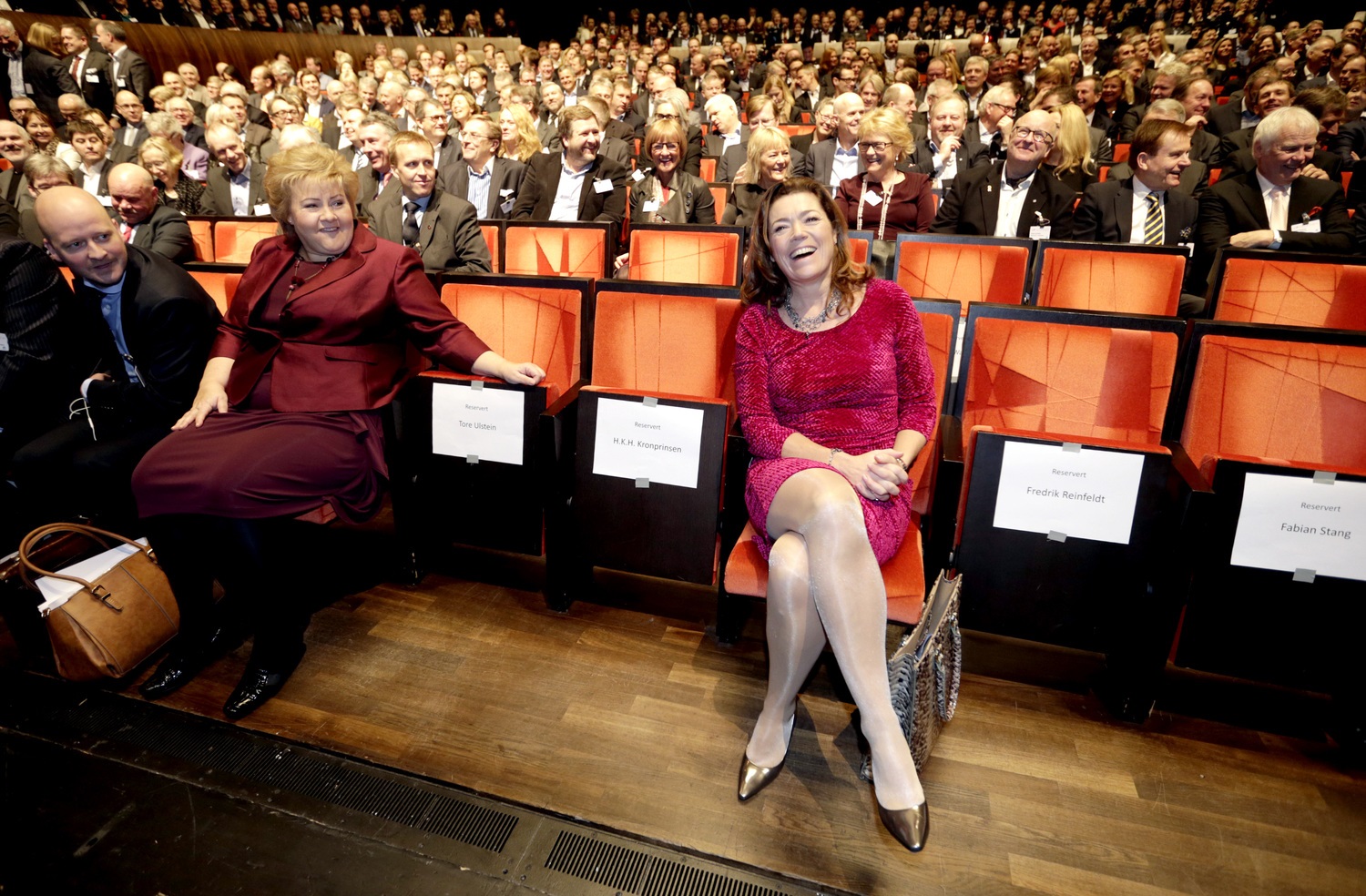Gratulerer med kvinnedagen!
Jeg har fått spalteplass hos Nationen for å skrive om Laks, skidronninger og likestilling i dag!
Når likestilling blir tatt for gitt, slutter det å virke


Gratulerer med kvinnedagen!
Jeg har fått spalteplass hos Nationen for å skrive om Laks, skidronninger og likestilling i dag!

Hjemmekontor som problem: Pandemien gir et mer utydelig skille mellom arbeid og fritid. Det kan skade likestillingen.
Pandemien har gjort grensen mellom fritid og arbeidstid enda mer utydelig, og mange lurer på hvordan dette påvirker arbeidslivet. Svaret kan vi kanskje finne i bransjer som IT
Foto fra Nationen, Faglig snakka 5. mai 2021
Les kronikken av Gilda Seddighi og meg selv i Nationen i dag – om utfordringer med å balansere familie og karriere .. utfordringer som ikke har blitt mindre under pandemien
https://www.nationen.no/motkultur/faglig-snakka/hjemmekontor-som-problem/
Nationen 5. mai 2021

Heading from New York Times, Febr. 13 2019: The Secret History of Women in Coding, The beatuiful image has the caption: “Mary Allen Wilkes with a LINC at M.I.T., where she was a programmer. Credit Joseph C. Towler, Jr.” https://www.nytimes.com/2019/02/13/magazine/women-coding-computer-programming.html
There are many reasons why we still need a Women’s Day and many highly important issues to solve before we get a gender equal society – also in Norway! For instance, more women than men have a higher education in Norway, but women earn in average 86% compared to men. Girls choose maths at high school as often as boys, but only 24% applying to higher IT education are women. In OECD countries, only 2% of girls, against 20% of boys, imagine themselves in a future IT career. Even though IT used to be a field where many women found interesting jobs and where they felt “at home”, this is not part of the dominating cultural discourse in 2019. Instead, women’s early participation in IT is still referred to as a “secret history”, like a recent article in New York Times illustrates (see image). I recommend this article if you are not familiar with women’s part of computing history!
One of the things we emphasise in our work to improve women’s situation in technology-driven R&I (Nordwit, FixIT), is that we tend to shape narratives by including certain things, while excluding others. In the narrative about IT and computing history, women’s contributions is not part of the mainstream story, so many aspects of the women-in-computing-part of this narrative are indeed still “secret”.
I am very proud and happy that I was asked to talk about this “secret story” today, at the local Women’s Day event.
Come, listen and discuss, if you are near Sogndal!
This is an Elvish joke from World of Warcraft, one that “I as Another”, a Night Elf, could have told, while walking around in Azeroth doing research for our book on World of Warcraft, Digital Culture, Play, and Identity, many years ago.
… on becoming an elf in World of Warcraft, a game universe, where you first become by choosing character. I chose night elf because she looked nice and the night elves’ natureculture seemed friendly … Then you become by being told what your role is in the gameworld – to defend the home of the night elves, the children of the stars, against further corruption of evil forces, and by walking around in the elven landscape you realize that you are in fact an elf among others who greet you in elven ways with a warm “Elune-adore” and hail you into being an elf. … The world has a role for you; you walk like it and talk like it, and the character has a mission of her own, ignorant to my human self’s workload, appointments or restless dogs.
I was reminded about this when looking for some old stuff, and found this short piece. I was invited to write this in 2010 for CIAC’s Electronic Magazine, from the perspective of “I as Another” in relation to a video game avatar. And of course I did add a feminist perspective – comparing feminism and video games.
This world is not ridden by the dilemma of feminism, of women being one group or several groups. And neither is it ridden by messy identities or blurred boundaries. Instead, this is a neatly ordered world.
It wasn’t online at CIAC’s site anymore, but you can read it here
I had the great pleasure of listening to Karen Holtzblatt at a conference earlier this year, where she challenged the audience to consider what the actual goal is, when we talk about getting more women into ICT. While the first wave feminists, she said, fought for the right to vote, and the second wave fought for the right to work – what are we fighting for or against when talking about women in ICT? It’s easy to know whether you have the right to vote or not, whether you have access to certain positions in working life or not. What exactly is it that we want for women in ICT? That people behave nice?, she asked.
The “me too” campaign and the following waves of reactions seem to have put something like that on the agenda. This week, Google employees in many countries walked out to protest at the company’s treatment of women.
 We were surprised with a very nice price last week: the author price for Fjordkonferansen. for our contribution to this year’s anthology – based on last year’s conference:
We were surprised with a very nice price last week: the author price for Fjordkonferansen. for our contribution to this year’s anthology – based on last year’s conference:
Kapittel 11: Gaming and identity construction among immigrant youth in Norway — Convergent glocal contexts, by Carol Azungi Dralega og Hilde G. Corneliussen
Molde University College posted a very nice piece about us – here. The photo is from the conference last year.
Abstract:
This study explores how immigrant youth in Norway navigate video games between local and global contexts and how this shapes their identities. Drawing from theories of transnationalism, gender and technology, the study employs qualitative methodologies that unravel complex identity manifestations that are globally connected but locally anchored. Rather than an often-used dual frame of reference, the authors suggest interpreting this through a multiple frame of reference.
 Det at anerkjente kvinnelige ledere kler seg på en tradisjonelt feminin måte, kan endre måten vi oppfatter feminine tegn og symboler på, mener forskere.
Det at anerkjente kvinnelige ledere kler seg på en tradisjonelt feminin måte, kan endre måten vi oppfatter feminine tegn og symboler på, mener forskere.
Source: En leder kan ha autoritet også i kjole og perler | forskning.no
Interessant studie om autoritet og tradisjonelle maskuline og feminine symboler og iscenesettelse gjennom klær og estetikk.
A. Bolsø, W. Mühleisen: Framstillinger av kvinner kledd for makt. Tidsskrift for norsk kjønnsforskning, Årg. 39, Nr. 3-4, 2015.